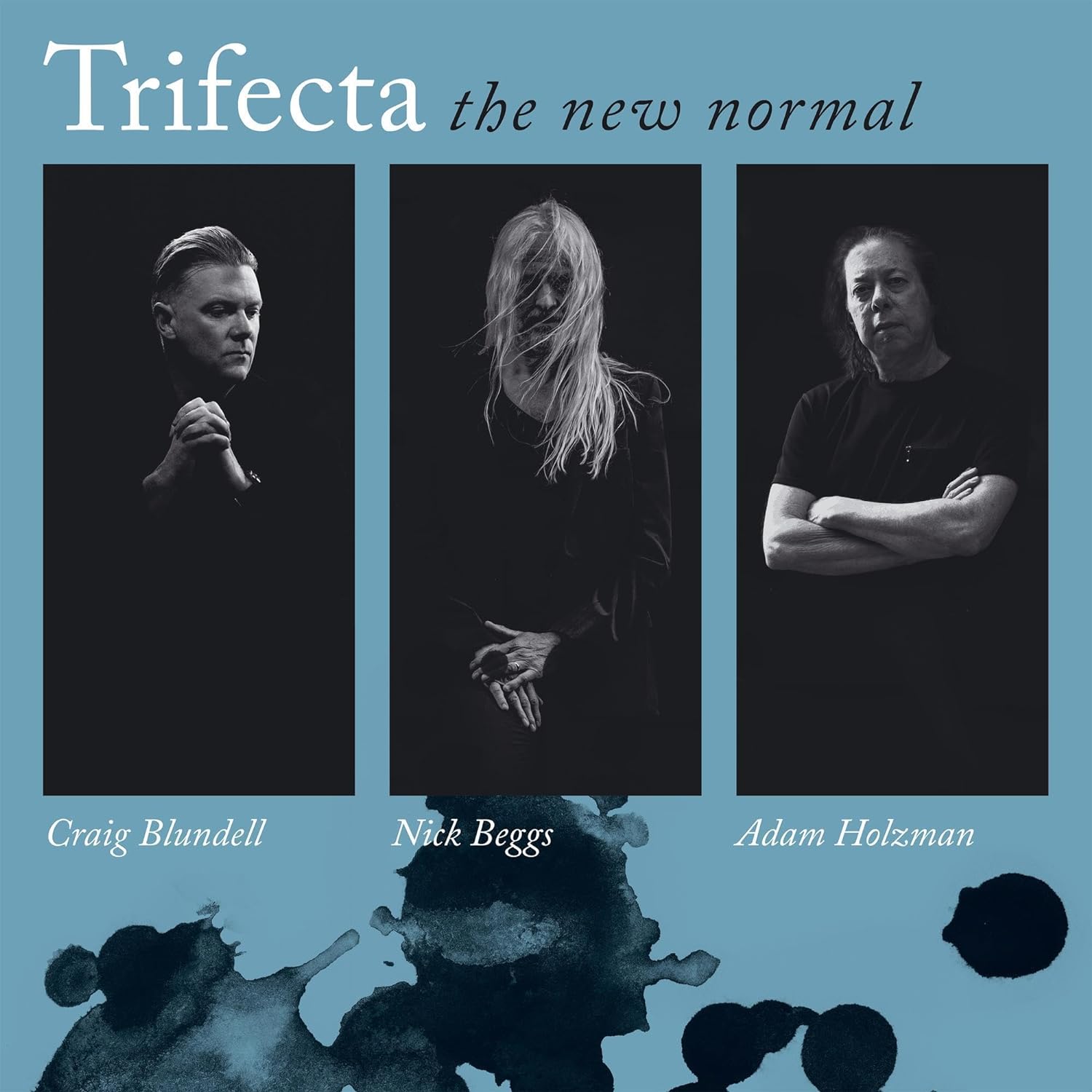
King Soloman Hicks is a mere twenty-four years old, yet his music has a timeless quality that reflects a lifetime spent immersed in music. Having picked up a guitar at the sage of six, by the time he was thirteen, Hicks was playing at the Cotton Club four times a week as lead guitarist in the house band. Such honours are not bestowed idly, and one listen to Harlem does much to explain Hicks’ ascent. For his debut album, named for the area in which he grew up, King Solomon Hicks has teamed up with the multi-Grammy-Award-winning Kirk Yano (Miles Davis, Public Enemy & Mariah Carey), who provides Hicks with the sort of warm, analogue mix that his music requires. It’s a perfect pairing, and the resultant album is a charming mix of blues, funk and soul that recalls the likes of Robert Cray and B.B. King.
The album opens with the warm shuffle of I’d Rather Be Blind, the laid-back vibe belied only by Hicks’ stinging guitar work. As he says himself, it’s not his intention to be the fastest player, and it’s notable that each lead element carries the emotional heft that lies at the core of a good blues song. As with any blues artist, King Solomon Hicks wants to both pay tribute to, and leave his own indelible stamp on, a number of covers. The first of these is the staple, Every Day I Have The Blues – a brave choice when you consider that four different iterations of the song have become chart toppers, two of which also won Grammys. If history weighs heavily on King Solomon Hicks, it sure as hell doesn’t show as he leads his band into a storming version filled with gutsy guitar work and driven by piano worthy of The Killer himself. The funky strut of What The Devil Loves offers a different shade of blue, as a sanguine bassline provides the backdrop for Hicks’ smooth licks and a chorus to die for. Then there’s the storming instrumental 421 South Main, which is the sound of a thousand blues bars all rolled in to one; so much so, you can almost hear the clink of the whiskey glasses as the shots are poured. More surprising is Hicks’ take on Blood Sweat & Tears’ I Love You More Than You’ll Ever Know, which takes on a cinematic aspect thanks to Hick’s slow-burning approach. It’s followed by a crunchy, Gospel-infused Headed Back To Memphis, complete with sweet backing vocals and subtle slide guitar.
With its funky underpinnings and rich horn section, Hicks’ take on Gary Wright’s Love Is Alive positively swaggers into view, before shifting gear for some lovely, Santana-esque lead. Almost criminally smooth, you get the sense that the band had a fantastic time jamming on this one as Hicks lets the rhythm section of the leash to do their thing. Gospel returns for the fast-paced Have Mercy On Me, another track that is suffused with a sense of light and love; whilst Yano reigns in Hicks’ lead tone to foreground the layered vocals, the only slight disappointment being the decision to fade the track down rather than allow it to finish with a flourish. Slowing the pace, Riverside Drive is an instrumental which allows Hicks to really dig into his guitar playing skills. Very much an example of how to say more by playing less, it’s an emotionally-charged piece of music that leads neatly to the Hendrix-esque It’s Alright, Hicks’ guitar washed in flanger as the rhythm section nail a tougher, darker groove. The album concludes with another cover in the form of Sonny Boy Williamson’s Help Me, a track that proves to be home to some of Hicks’ most expressive soloing. It’s a strong closer and it leaves the listener very much wanting to hear more from this talented ensemble.
Overall, Harlem is a fantastic album that shows King Solomon Hicks finding his own voice in the world of the blues. Not that it’s without its flaws. Although the album’s covers are well-chosen and delivered, the balance of cover to original leaves the album a touch too in thrall to that which has gone before, and the album shines brightest when Hicks allows his own material to the fore. The other aspect that detracts from the flow is the decision to fade tracks out. Whilst this may have been a studio necessity if the band were lost in the zone, the songs suffer from the lack of a definitive ending (It’s Alright in particular). These are, however, small criticisms of an otherwise excellent album. King Solomon Hicks is a wonderful guitarist, his solos full of soul an sensitivity, and there’s a sense that, on this debut, he’s just warming up. 8.5










Leave a Reply